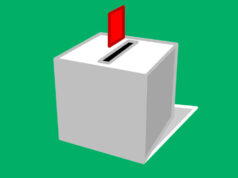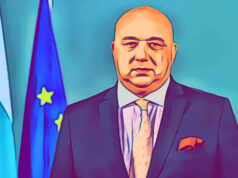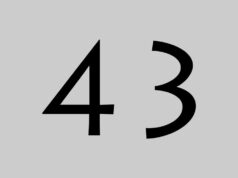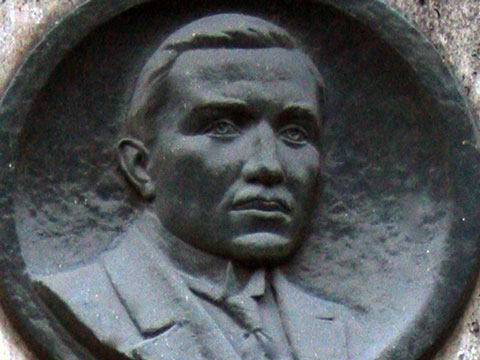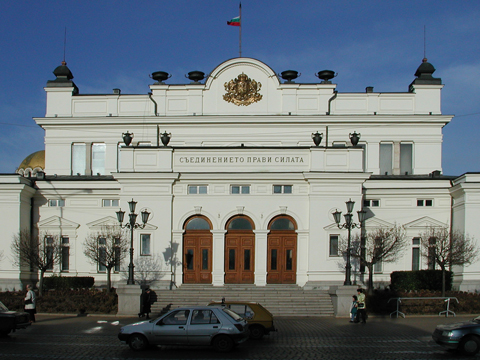 On Wednesday, 29 May, the Bulgarian Parliament elected the Oresharski Cabinet, a “government of experts” proposed by the Bulgarian Socialist Party, with Plamen Oresharski as Prime Minister. The new government was approved by a vote of 119-98, with 23 members abstaining.
On Wednesday, 29 May, the Bulgarian Parliament elected the Oresharski Cabinet, a “government of experts” proposed by the Bulgarian Socialist Party, with Plamen Oresharski as Prime Minister. The new government was approved by a vote of 119-98, with 23 members abstaining.
The former ruling party, Citizens for the European Development of Bulgaria (GERB), narrowly prevailed in the May national elections and received the first mandate to propose a government, but failed to secure enough seats to form one on its own. When it became clear that none of the other parties was willing to form a coalition with them, they returned the mandate and it was passed along to the socialists.
The BSP quickly secured the support of the ethnic Turkish party, the Movement for Rights and Freedoms (DPS), but this alone was not enough to obtain a victory. The two parties together control just 120 seats, or exactly one half of the parliament, one seat shy of assembling a quorum. To achieve victory they needed help from either GERB or the ultra-nationalist party ATAKA, who are the sworn enemies of the DPS.
Suspense surrounding the process continued right up until the morning of the vote, when ATAKA leader Volen Siderov registered as the 121st member to vote on the proposal, personally assuring a victory for the Oresharski bid.
The GERB delegation, present but not registered for the vote, walked out in protest, then returned to register their votes in opposition after the quorum was secured. GERB leader and former Prime Minister Boyko Borisov called the Oresharski cabinet laughable and dangerous, saying, “After we saw this so-called expert cabinet, we realized that it would have been laughable, if it was not so dangerous for Bulgaria.”
Despite his displeasure at the outcome, Borisov later admitted that at least the Oresharski cabinet is “better than no government at all.”
In his first comments as Prime Minister, Oresharski reiterated his intention to get Bulgaria on “the right path” by addressing widespread poverty, stabilizing the economy, and restoring hope to the Bulgarian people. “In times of crisis,” he said, “Everybody should give their best, come what may.”
Regarding future prospects for the nation, he reflected, “We shall probably not manage to turn rich and prosperous, but the minimum target should be to make sure that by the end of the government’s term in office, all Bulgarian citizens have greater hope and confidence and we are on the right path, that by striving to achieve personal prosperity they are contributing to society as a whole.”
The Oresharski Cabinet
Here is a list of members in the cabinet of Plamen Oresharski:
Plamen Oresharski, Prime Minister
Zinaida Zlatanova, Deputy Prime Minister and Justice Minister
Petar Chobanov, Finance Minister
Kristian Vigenin, Foreign Minister
Danail Papazov, Transport Minister
Aneliya Klisarova, Education Minister
Tanya Andreeva, Health Minister
Tsvetlin Yovchev, Interior Minister
Mariana Georgieva, Youth and Sports Minister
Angel Naydenov, Defense Minister
Petar Stoyanovich, Culture Minister
Iskra Mihaylova, Environment Minister
Dragomir Stoynev, Minister of Economy, Energy and Tourism
Hassan Ademov, Minister of Labor and Social Policy
Desislava Terzieva, Regional Development Minister
Dimitar Grekov, Agriculture Minister
Ivan Danov, Minister of Investment Projects
A second Deputy Prime Minister in charge of Economy will be appointed in the coming weeks.





